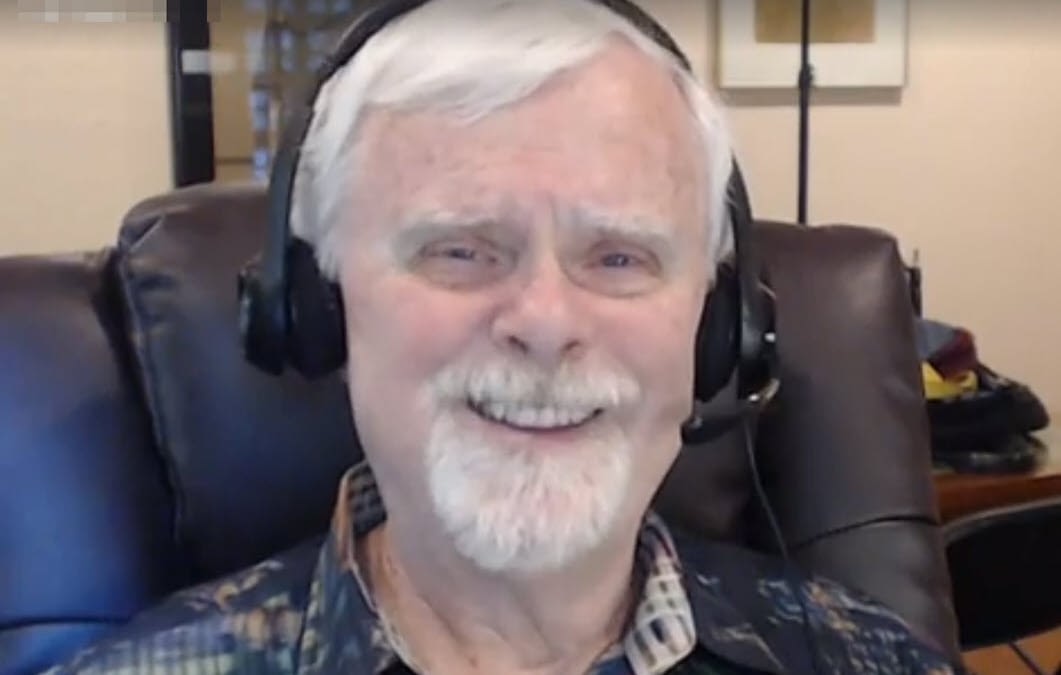A podcast fan named Chuck asked if we could have a podcast devoted to the concept of the “self,” or the Buddhist concept of “no self,” so here it is.
David emphasizes that there are two issues. First, can your “self” be validly judged as not good enough, as inferior or even worthless? Or, can your “self” be validly judged as more worthwhile, or even superior? And is it really true that some people are more worthwhile, or less worthwhile, than others? Do more worthwhile, or less worthwhile human beings exist?
Second, do we even have a “self?”
Fabrice talks about the history of the concept of ego. For example, Freud divided the human mind into three parts: the id, ego and superego. Do these really exist as “things,” or are they just concepts, or metaphors for talking about the mind? When you try to think about the “ego” or the “self” as a thing, that’s when you get in trouble.
David argues that if you believe that someone people are “more worthwhile” or “less worthwhile,” you’d have to define what a of worthwhile human being is. Once you define it, you can always show that your definition has one of these problems:
- It applies to all human beings, and therefore has no meaning.
- It applies to no human beings, and therefore has no meaning.
- It is inherently meaningless.
- It does not apply to you.
David and Fabrice illustrate these traps with one of the most common definitions—thinking that your worthwhileness as a human being depends on your achievements, productivity, or success. They conclude that can only judge specific thoughts, feelings, or behaviors as more or less worthwhile, but there’s no such thing as a more or less worthwhile human being.
Next, they raise the question, “Does the ‘self’ exist?” And “What is the self?” David argues that the notion is nonsensical, or that there is no such “thing” as a “self.”
Although the discussion in today’s podcast is philosophical, and may go over the heads of some people, it has practical importance because most people who are struggling with depression and anxiety do believe that they are “not good enough,” and that their “selves” are somehow defective or flawed. Letting go of this notion can help to speed recovery, as well as what the Buddha referred to as “enlightenment.”
David expressed the hope that we may be able to return to this theme in future podcasts and perhaps find ways of making these potentially healing and liberating concepts more understandable! These concepts can take time to grasp, so be patient with yourself.
* * *
Coming Soon!
October / November / December 2018–
Cool Workshops for You!
TEAM-CBT Methods for the Treatment of Relationship Difficulties
Step by Step Training for Therapists
by David Burns, MD and Jill Levitt, PhD
Sunday October 28th, 2018 (9 am-4 pm PST)
Live in Palo Alto plus online streaming
Learn how to reduce patient resistance and boost motivation to change. Master skills that will enhance communication skills and increase intimacy with loved ones. This workshop will be highly interactive with many case examples and opportunities for practice using role plays.
Join us for a day of fun and inspiring learning on site in Palo Alto
OR online from anywhere in the world.
Learn from David and Jill–a dynamic teaching duo!
6 CE*s. $135
To register, go to the Feeling Good Institute
or call 650-353-6544
* * *
Rapid Recovery from Trauma
a two-day workshop
by David D. Burns, MD
October 4-5, 2018–Pasadena, CA
and
November 1-2, 2018–Woodland Hills, CA
The November workshop includes Live Streaming
if you cannot attend in person)
For further information, go to www.IAHB.org
or call 1-800-258-8411
Register Now!
* * *
TREAT ANXIETY FAST–
Powerful, Fast-Acting, Drug-Free Treatment Techniques
that Defeat Anxiety & Worry
a 2-day workshop by David D. Burns, MD
November 29 and 30, 2018–San Francisco, CA (in person only)
and
December 3 and 4, Portland, Oregon (in person and live streaming)
PESI is proud to offer an exciting workshop by David Burns, M.D., a pioneer in the development of cognitive behavior therapy (CBT). Achieve rapid and lasting recovery with all your anxious clients, just as Dr. Burns has done in over 35,000 therapy sessions with severely troubled clients. Become skilled at treating every type of anxiety without drugs.
In this unique 2-day certificate course you’ll master more than 20 treatment techniques to help your clients eliminate the symptoms of anxiety quickly – even your most challenging, resistant clients.
Dr. Burns will illustrate concrete strategies that provide rapid, complete recovery and lasting change for your patients. You’ll learn…
- How to integrate four powerful treatment models to eliminate symptoms.
- How to enhance your client’s engagement in therapy.
- How to develop a treatment plan that specifically targets each client’s unique problems and needs.
- …and so much more!
David will provide you with guided instruction and share powerful video sessions that capture the actual moment of recovery. You will take away practical strategies to use immediately with any anxious client. Leave this certificate course armed with tools you can use in your very next session!
Don’t miss this opportunity to learn from one of America’s most highly acclaimed psychiatrists and teachers!


